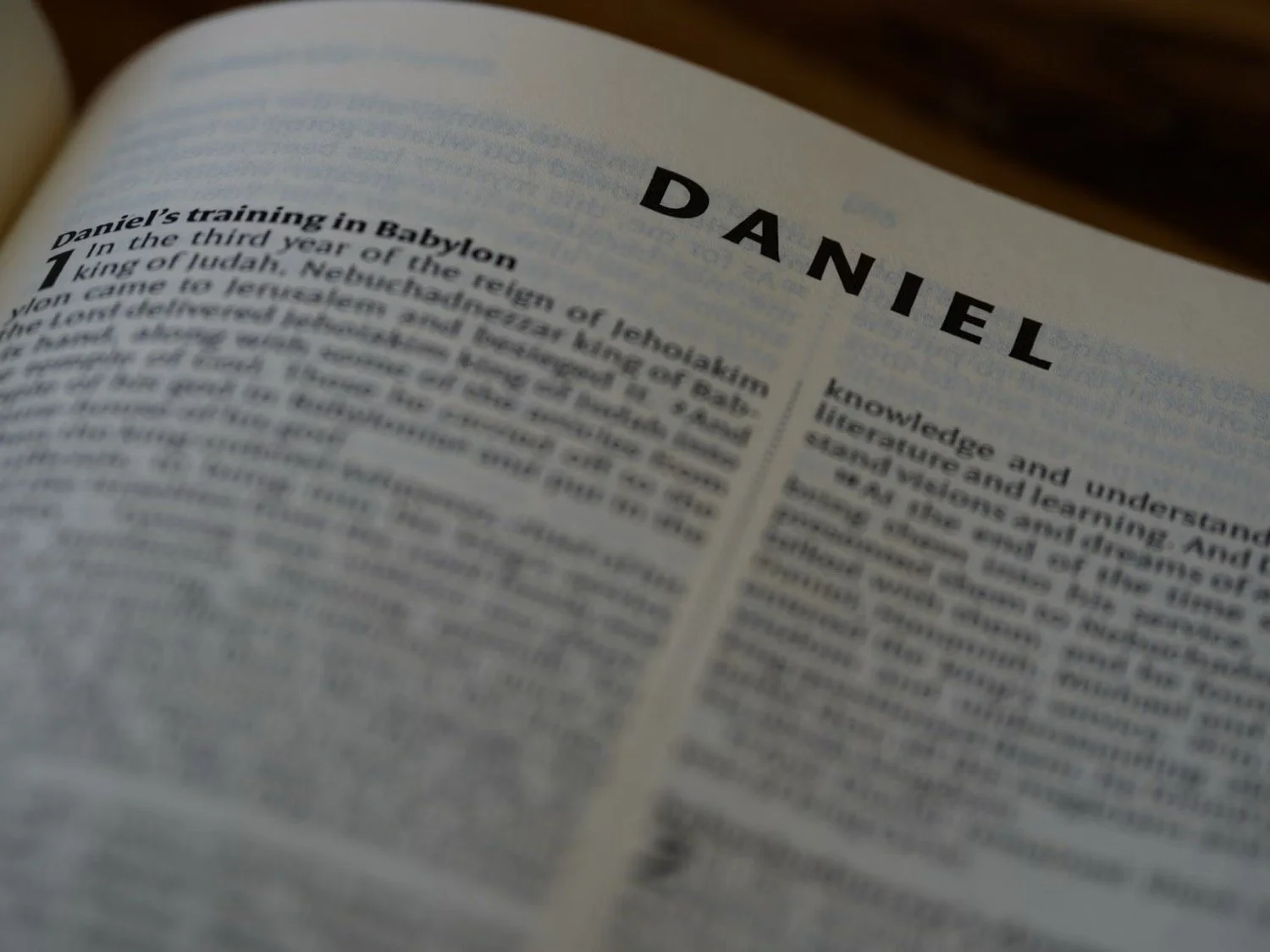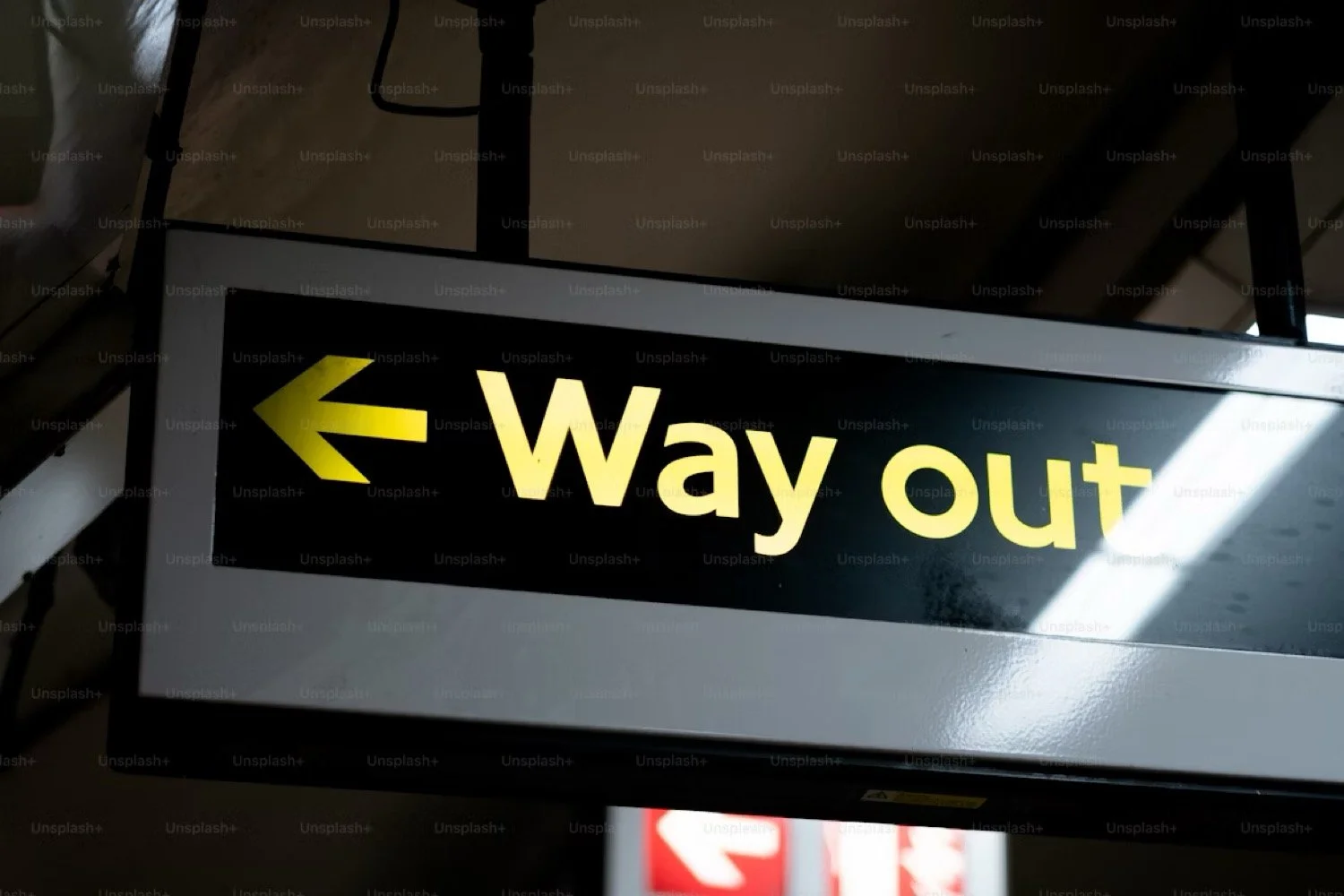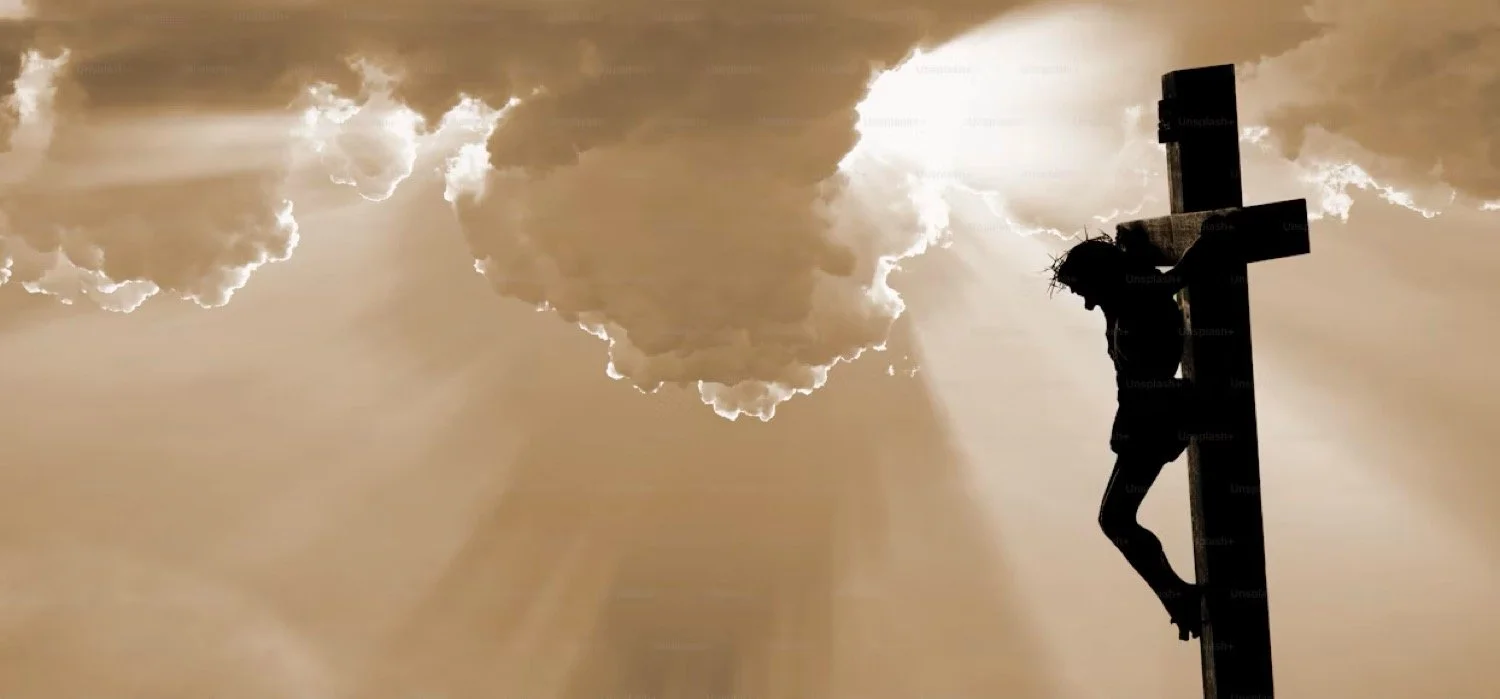Readings for today: 2 Samuel 5:1-10, 1 Chronicles 11-12, Psalms 133
Today we read one of my favorite Psalms. “Behold, how good and pleasant it is when brothers and sisters dwell in unity! It is like the precious oil on the head, running down on the beard, on the beard of Aaron, running down on the collar of his robes! It is like the dew of Hermon, which falls on the mountains of Zion! For there the Lord has commanded the blessing, life forevermore.” (Psalm 133) It contains an amazing promise. God commanding His blessing of everlasting life on those who seek to come together in Him. I’ve seen the fulfillment of this promise. Especially in my work over in Africa where Christians come together from different tribes and denominations. Speaking different languages and growing up in different socio-economic classes. They come together to grow the Kingdom of God. It’s powerful. And God blesses the work of their hands. Thousands of churches planted. Tens of thousands of new believers. Millions hearing the gospel for the first time.
I’ve also seen it in the prison I worked in during seminary. Men coming together from all walks of life. Men who committed all kinds of crimes. Men doing all kinds of time. Their common bond in Christ united them across denominational lines. Across racial lines. Across class lines. They came together to worship Christ and to serve Him in the most difficult of circumstances. And God blessed the work of their hands. Hundreds of men heard the gospel for the first time. Many came to faith. Violence in the prison went down. Even the prison guards and administration saw the impact of the spiritual unity of these brothers in Christ.
Sadly, I’ve also seen the devastation disunity creates. Think about what’s happening in our nation today. The fight against the coronavirus should bring us together. We should be united in our fight against a common enemy. However, too many of our political leaders simply cannot help themselves. They stir division. They fan the flames of partisanship. They use this crisis to fan their base into a frenzy. And the result is more sickness. More death. More pain. More suffering. And the American church is often no different. For all the great work so many churches are doing across the country in all kinds of communities, a small minority continue to make headlines with their arrogance. They create a false dichotomy. They peddle a false narrative. They claim they are being persecuted or singled out or attacked by the government. Nothing could be farther from the truth but it serves their purposes to sow division. And far too many in their own congregations suffer the consequences.
The key to unity is humility. Humbling ourselves before the Lord first and foremost. Remembering the grace He first gave to us as sinners. Acknowledging how lost we truly would be without His saving death. Having received His grace, we then extend it out to others. Those we love. Those we live among. Those we struggle alongside. We offer it indiscriminately. Unconditionally. Even - and perhaps most especially - to our enemies. Only God’s grace is sufficient to supply our needs. Only God’s grace is powerful enough to tear down every dividing wall of hostility that keeps us apart. Only God’s grace can transcend race or class or language or tribe. Only God’s grace can bring about the unity our hearts so desire.
Friends, more than anything else, we need unity in our community. In our state. In our nation. In our world today. I hope you will join me in praying daily for God’s grace to be poured out on His people all across the earth. May we who are called by God’s name humble ourselves before Him and pray fervently for repentance. Forgiveness. And the healing of the divisions that keep us from experiencing the abundant life God promises!
Readings for tomorrow: 2 Samuel 5:11-6:23, 1 Chronicles 13-16




